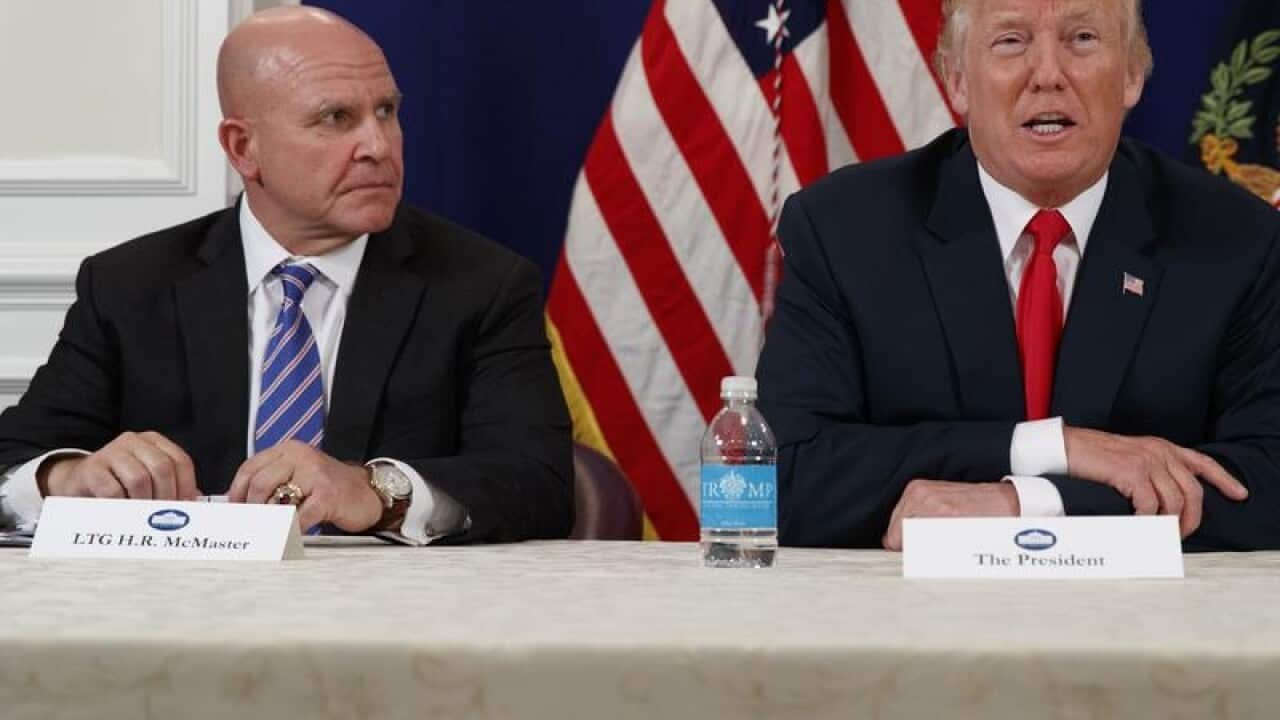Tensions have flared since US President Donald Trump, responding to the North's latest missile tests, warned it of "fire and fury like the world has never seen".
The North in turn threatened to test-fire its missiles towards the US Pacific island of Guam.
The war of words has sparked global alarm, with world leaders including Chinese President Xi Jinping urging calm on both sides.
Moon, a left-leaning leader who has previously advocated dialogue with the North, urged it to "stop all provocations and hostile rhetoric immediately, instead of worsening the situation any further".
He also indirectly urged the US – the South's key ally and security guarantor – to resolve the crisis peacefully.
'We cannot have a war'
"Our top priority is the national interest of the Republic of Korea (South Korea) and our national interest lies in peace," Moon told advisers in a meeting.
"We cannot have a war on the Korean peninsula ever again," he said.
The 1950-53 conflict cost more than a million lives, left cities in ruins and perpetuated the division of the peninsula.
"I am confident that the US will respond to the current situation in a calm and responsible manner in line with our policy direction," Moon said.
Moon Monday also met General Joseph Dunford, chairman of the US Joint Chiefs of Staff, who is visiting Seoul as part of a trip which will also include China and Japan.
According to Moon's spokesman, Dunford said in the meeting that the US would only consider military action against North Korea if all diplomatic and economic sanctions failed.
"He said everyone was hoping to solve the current situation without a war," spokesman Park Su-Hyun said, adding that Dunford stressed Washington would closely coordinate with Seoul over any future action.
'Locked and loaded'
The latest US and North Korean sabre-rattling has sparked concern that a miscalculation by either side could trigger a catastrophic conflict, although many analysts voice doubts over such a prospect.
Any conflict between the North and the US could have devastating consequences for Asia's fourth-largest economy, with Seoul within range of Pyongyang's vast conventional artillery forces.
Also within range are many of the 28,500 US troops stationed in the South.
The latest bout of tension was sparked by the North's two intercontinental ballistic missile tests last month, which appeared to bring much of the US within range.
The tests are seen as a milestone in the North's quest to develop a nuclear-tipped missile capable of hitting the US mainland.
Since then the North and Trump have locked horns in fiery exchanges, with Trump saying on Friday that US troops were "locked and loaded" in case a military solution became necessary.











